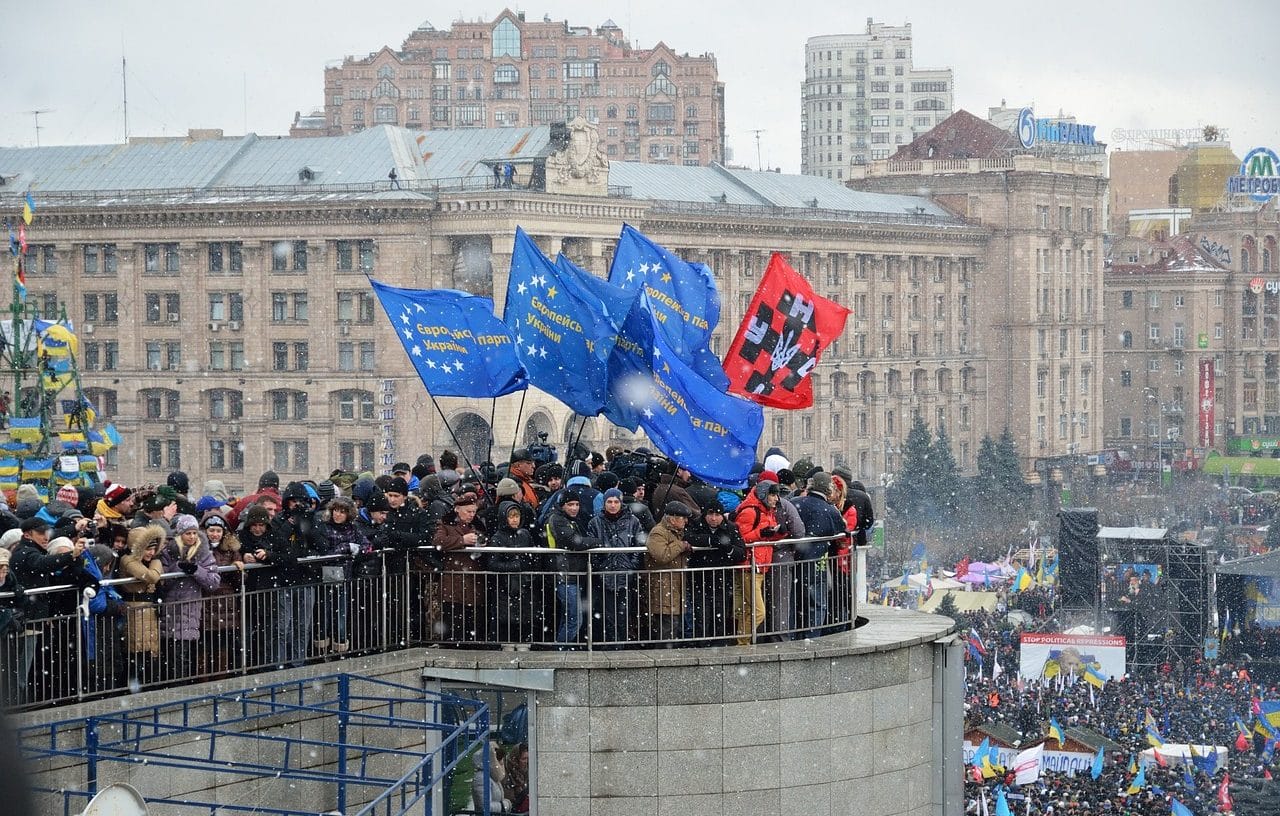
The people become involved in their government through political participation.
Political participation is the action of citizens in the political process of a society. This includes any form of involvement in political activities, such as voting in elections, joining political parties, participating in demonstrations, signing petitions, writing letters to elected representatives, participating in political debates, among other actions that seek to influence the government. and in political decisions. It is fundamental for the functioning of a democracy, since it allows the people to express their opinions, defend their interests and contribute to the development of public policies.
Classification
Formal political participation
Political actions that are structured and recognized within the established political system, such as voting in elections, joining political parties, or officially holding public office.
Informal political participation
It involves political actions that are not officially recognized by the political system, but still influence decision-making, such as street protests, political awareness campaigns, or activism networks on social media.
Individual political participation
It relates to political actions carried out by a particular individual, such as voting in elections, writing letters to representatives, or participating in public debates personally.
Collective political participation
Political actions that are carried out by a group of individuals with a common objective, such as demonstrations, strikes, marches, or the formation of organized social movements to promote changes in society .
Formal mechanisms
Formal mechanisms of political participation are tools established within a democratic system so that citizens can exert their influence and make decisions on important political issues.
Elections
Processes through which citizens elect their political representatives, such as presidents, legislators, mayors, and other officials. During elections, citizens vote for the candidates or political parties they consider most suitable to hold public office.
Referendum
A direct consultation of the people on a specific issue, such as a new law or a constitutional amendment . Citizens vote "yes" or "no" to express their opinion on the question raised.
Plebiscite
Similar to a referendum, a plebiscite is a popular consultation in which citizens vote on a specific question, but generally refers to broader issues, such as the approval of a new constitution or the ratification of an important agreement.
Citizen initiatives
They allow citizens to propose laws or constitutional amendments by collecting signatures in support of a specific initiative . When they are successful, the proposal is put to a vote in an election for the people to decide on its approval.
Popular queries
Consultative processes in which citizens express their opinion on issues of public interest, but their results are not legally binding. They are often used to measure the level of support or rejection of a given policy or government action.
These formal mechanisms of political participation are fundamental for the functioning of a representative democracy , since they allow citizens to exercise their right to vote and actively participate in the political decision-making of their country.

Street protests are a form of informal political participation.
Town halls and assemblies
Open town halls and popular assemblies are forms of political participation that involve the gathering of citizens to discuss and make decisions on matters of common interest. Although they share some aspects, they have significant differences in terms of their organization and scope.
Open town halls
- They are public meetings called by local authorities, such as mayors or councilors, with the purpose of listening to the concerns and opinions of citizens on issues of local relevance;
- citizens have the opportunity to express their views, ask questions, raise problems and propose solutions directly to the authorities present;
- The topics discussed in open town hall meetings can cover a wide range of issues, from infrastructure and public services issues to urban development policies or citizen security;
- Although authorities are not obligated to implement all suggestions or requests raised at town hall meetings, these events serve as an important channel for citizen participation and accountability of local leaders.
popular assemblies
- self-convened meetings by groups of citizens with the objective of discussing and deliberating on issues of general interest, without the direct intervention of government authorities;
- They can be organized by social movements, community organizations, citizen groups or other groups with specific agendas;
- Unlike open town halls, popular assemblies usually have a broader focus and can address issues that go beyond the local, such as national or global issues, social problems or public policies;
- Decisions made in popular assemblies can range from the elaboration of specific political demands and proposals to the planning of collective actions, such as protests, awareness campaigns or community projects.
Both open town halls and popular assemblies are manifestations of active political participation and can play an important role in strengthening democracy , by providing spaces for dialogue, deliberation and collective action in the search for solutions to problems and defending the interests of the community .

Political participation includes voting in elections.
Organizations and interest groups
Organizations and interest groups play a crucial role in political participation by representing the interests and concerns of various sectors of society before government institutions and other political actors.
Unions
Organizations formed by workers with the objective of protecting and promoting their labor rights, improving their working conditions and negotiating with employers on behalf of their members.
Unions participate in politics by advocating for favorable labor policies, engaging in collective bargaining , mobilizing members to support or protest against certain policies, and supporting political candidates who defend workers' interests.
pressure groups
Also known as interest groups or lobby groups , they are organizations that seek to influence political decision-making in favor of certain interests, whether economic, social, environmental or other types.
These groups exert pressure on legislators, government officials, and other political actors through various strategies, such as direct lobbying, promoting favorable public policies, conducting awareness campaigns, and financing political campaigns.
Lobbies
Lobby groups that represent the interests of specific sectors, such as industries, companies, or trade associations. Lobbies often seek to influence policymaking to benefit their members, whether by promoting favorable laws, opposing restrictive regulations, or gaining privileged access to decision makers.
Non-governmental organizations (NGOs)
Independent government entities that work on a wide range of issues, from human rights and the environment to health, education and community development .
NGOs participate in politics by promoting public policies favorable to their causes, carrying out rights defense activities, citizen mobilization, providing social services and monitoring the government to guarantee accountability and transparency .
These organizations and interest groups play an important role in the political process by representing the voices and concerns of various sectors of society, and contribute to pluralism and diversity of opinions in political decision-making.
